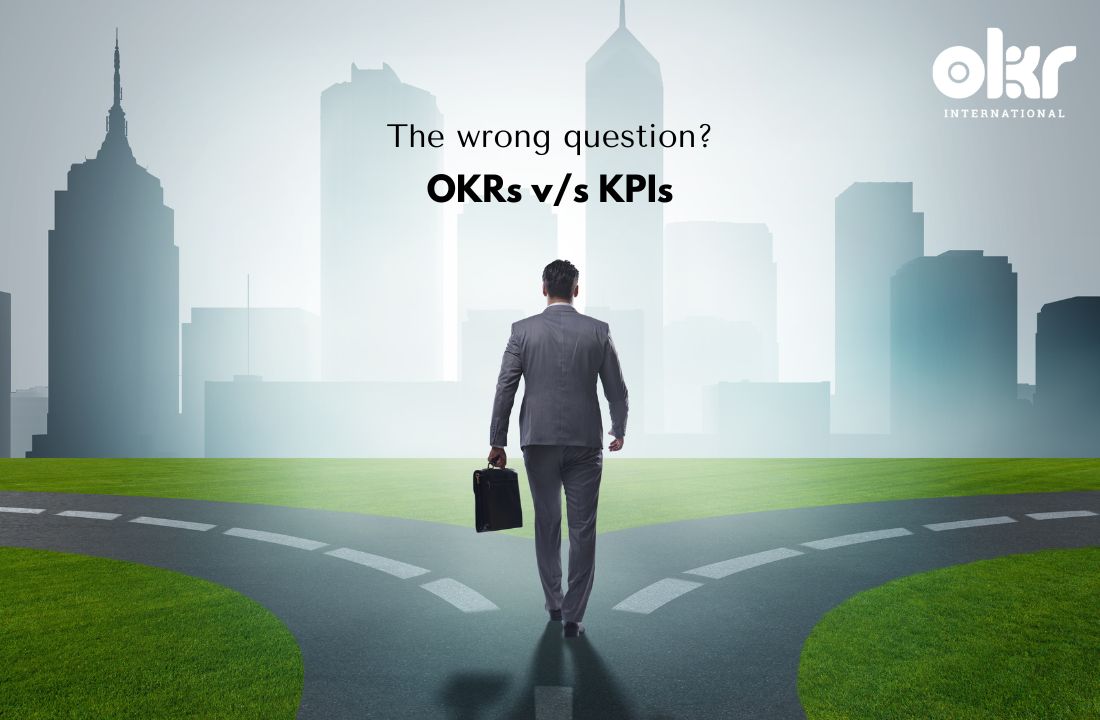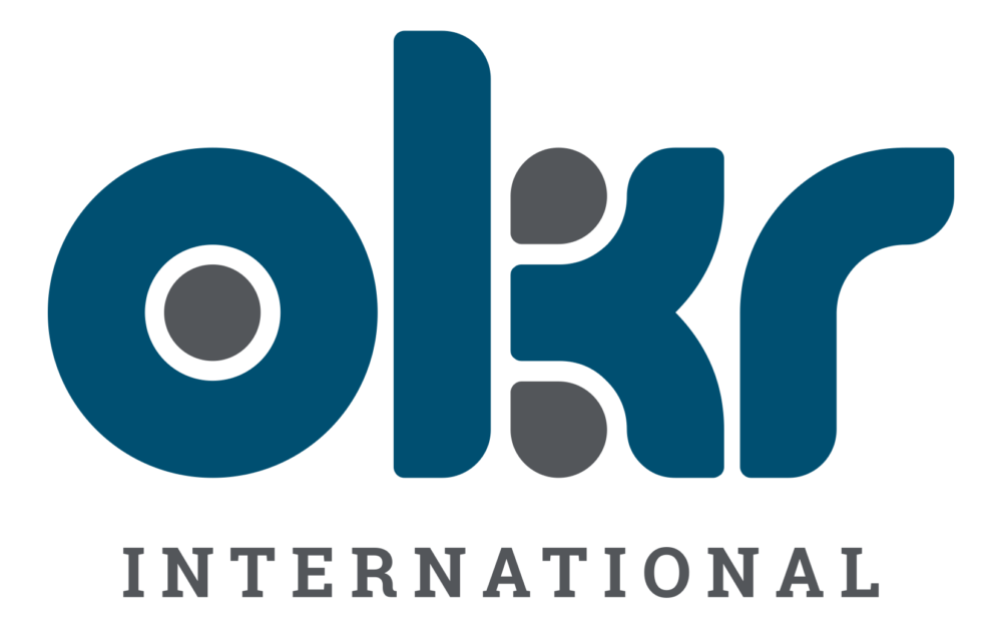Why OKRs v/s KPIs is the wrong question
When given a choice between collaboration and competition, I would choose the former, any day of the year.
This is because doesn’t competition shift one’s focus farther away from one’s core purpose? No competition is complete without comparison. This article talks about how a competing and comparison-based conversation– the battle of OKRs v/s KPIs– can be turned into a collaborative one!
OKRs v/s KPIs
I haven’t seen more articles on the internet than I have, on OKRs v/s KPIs.
In fact, there is little to compare here.
They are collectively what every business should need. And so, let’s talk about how OKRs can be combined or collaborated with KPIs instead, in order to make a business truly robust. OKRs and KPIs are both tools for measurement and improvement within businesses – what differs is the way they are applied and where!
Understanding KPIs
A Key Performance Indicator (KPI) is a measurable value that demonstrates how effectively a company is performing. Key performance indicators (KPIs) are quantifiable measures that gauge a company’s performance against a set of targets, objectives, or industry peers.
This concept of measuring performance first originated as early as in the 3rd Century, when emperors of the Wei Dynasty rated the performance of official family members. They are, therefore, used by organizations today to gauge and predict success. Similarly, whether KPIs work for you or not largely depends on the scale as well as culture within your organisation.
Understanding OKRs
OKRs, or Objectives and Key Results, is a Goal Management and Execution system with no more than 3 to 5 Objectives for a short cycle (usually 3 months) and no more than 3 to 5 Key Results per objective. Each Key Result may have one or more initiatives attached to it.
As stated earlier, OKRs are generally aggressive and ambitious in the sense that they allow one to set moon-shot goals. OKR as a framework originated from John Doerr’s adaptation to Andy Grove’s methodology at Intel, which laid the foundation for what later got refined to become OKRs.
Summarising OKRs & KPIs
- Objectives and Key Results is like a basket of things in that, it contains an Objective and 3 to 5 key results associated with that objective. Achieving the defined Key Results help to move towards realising your objective. KPI is a single indicator of performance. A collection of them could make up a scorecard.
- OKRs are typically set to bring incremental change (roofshots) or exponential change (moonshots). KPIs are typically put in place for incremental or steady state business. Ergo, KPIs are to maintain the business whereas OKRs are to bring change in business.
- More often than not, KPIs are attainable and represent the output of a process or project already in place. On the other hand, OKR goals tend to be more aggressive and ambitious — without being unreachable.
- If a KPI result indicates a need for improvement, it may become the “key result” of a new or existing OKR. For instance, if KPI results indicate sales are flagging, a company might develop an ambitious OKR focused on improving overall profits, marketing, or customer service, all of which could include key results based on meeting the existing KPI.
- For an Objective, one may have 3 to 5 Key Results where each Key Result generally contains a KPI or Metric along with a target (how much and by when?). OKRs contain Key Results that may be either Milestone Key Results or KPIs with Targets.
OKRs v/s KPIs: The wrong question to ask?
KPIs are about monitoring past performance while OKRs are about future goals, and they have their own place in running organisations. In most cases, you’ll need both KPIs (to monitor the performance overall), and OKRs (to create focus on priorities, to know where to invest your resources, to align people to common goals and to achieve impossible goals through regular experimentation and innovation).
Looking at both of these frameworks objectively,
KPIs serve the purpose of monitoring one’s performance and highlighting areas of improvement.
OKRs primarily help in problem solving and driving innovation to tackle difficult processes.
While you may have seen companies leaning more towards using either OKRs or KPIs, it is often the case that an OKR may be used to improve an already active KPI- because the truth is, they work great together! Often, one or several KPIs will become Key Results for the Objectives when the team would decide to focus on improving a particular trend.
Example:
If you are the digital marketing team, you might very well be obsessed with KPIs like
- DA/DR Score
- Engagement Rates
- CTRs
- Overall Impressions
Yet, when you want to build a follower count on Linked-In, you may set a an OKR for a quarter that goes like this.
Objective: To make social media marketing awesome
- Key Result 1 (Q1): Increase Follower Count on Linked-In from 5000 to 12000
- Key Result 2 (Q1): Increase Page Visits on LinkedIn from 19,000 to 45,000
- Key Result 3 (Q1): Increase the monthly visitors to the website from 75,000 to 100,000
Therefore, the marketing team may monitor all the KPIs listed above; based on the priorities of the business and its strategic intent, they set OKRs.
Summary
Both KPIs and OKRs have their own place and they work best together. KPIs serve the role of measuring past performance while OKRs help you achieve your future goals. To me, it was never about the tool itself that mattered – what matters is what you do with it.
While KPIs are essentially metrics that reflect your performance, OKRs is a goal-setting framework that helps to improve your performance and thus, drive change. Therefore, placing them on two ends of the same stick can prove to be counterproductive and may make you lose sight of why you’re setting a productivity process in the first place!
Therefore, instead of focusing on whether you should use OKRs or KPIs, the focus should first be on the following questions:
- Why do you need a framework and what do you need to focus on?
- Are you more activity-driven or result-driven?
- Do you want to bring change to your project or do you want to bring structure to it?
Depending on what your answers are, you may want to choose what subjectively works best for you.
Since these frameworks have differing intent and logic, you may either choose to let them coexist or simply choose the framework that you lean more towards, based on your needs and preferences.
Having said that, whether you choose OKRs or KPIs, your efficiency in achieving goals solely depends on how you measure and then review your performance. The key is to learn from mistakes as well as implement activities that drive your results!



